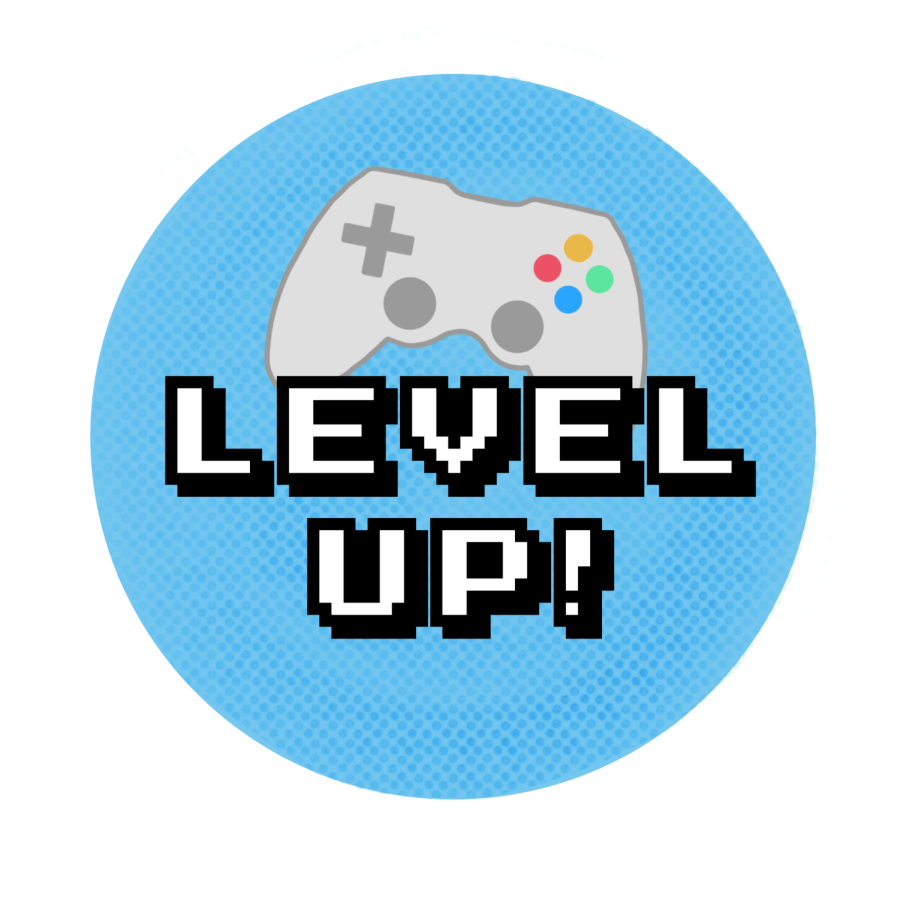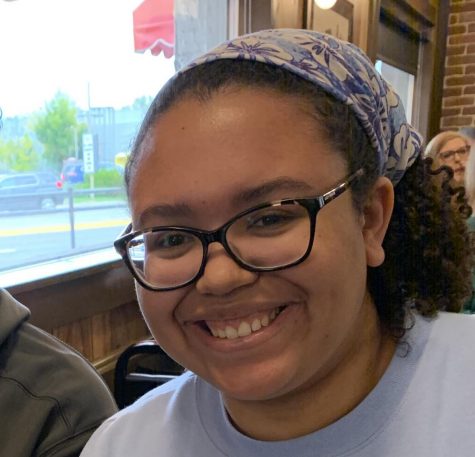Level Up! | Why all your DnD friends are pissed at the people who make DnD
Level Up! Is a biweekly blog about all types of games, from Dungeons and Dragons to Mario Party
January 23, 2023
Alright, let me start with my credentials — I was an inaugural member of my high school’s Tabletop Role-Playing club, I’ve been in an ongoing game on the Pitt RollPlayers discord since 2020 and Dimension 20 is the main reason I pay for Dropout. I love TTRPGs and that includes Dungeons & Dragons because it’s probably the most common entry point to other games.
So, naturally, I follow a lot of DnD creators, and recently my social media feeds have included people being vocally angry at the game’s publisher, Wizards of the Coast and its parent company Hasbro. If you’ve also seen the social media backlash, then let me explain why.
Our story begins in 2000, when WotC came out with the Open Gaming License. This default user license allowed creators to create homebrew campaigns and content through a “perpetual, worldwide, royalty-free, non-exclusive license” without oversight from WotC and Hasbro. Please take note of the perpetual part — that’s going to come back later. The document allowed fans to make homebrew adventures, characters and items, which they can sell for money.
The OGL has benefitted both fans and the company as it allowed people to engage and form a community around DnD. A good case study is the utter lack of third-party content for DnD 4th Edition. If you’re dipping your toes in and see that people tend to talk about 3.5e and the 5e with nothing in between, it’s because the rules for 4e were not published under the OGL, but rather a new, more restrictive license, and in response, everyone just kind of ignored it.
Then WotC published 5e under the original OGL and it exploded in popularity. Homebrew and third-party content keep people coming back to the game and allow the community to engage with a system they love.
Then WotC showed up and tried to take a hammer to it.
On Jan. 5, Gizmodo broke the news that WotC planned to release a new OGL (1.1) and deauthorize the original (1.0a). Furthermore, 1.1 came with new restrictions such as requiring publishers making more than $750,000 to pay royalties whether they’re profitable or not, giving WotC the right to revoke the license at any time and use any content created by licensees with a “nonexclusive, perpetual, irrevocable, worldwide, sub-licensable, royalty-free license to use that content for any purpose” and specifying that it “only allows for creation of role-playing games and supplements in printed media and static electronic file formats. It does not allow for anything else, including but not limited to things like videos, virtual tabletops or VTT campaigns, computer games, novels, apps, graphics novels, music, songs, dances and pantomimes.”
The OGL 1.1 sent the community into an uproar and led to multiple campaigns, from creators making videos condemning this decision, to petitions, to fans canceling their subscriptions to DnD Beyond, WotC’s official digital toolset.
Seeing the backlash, WotC eventually walked back OGL 1.1 and claimed it was just a draft. In their response, WotC said they only wanted to prevent people from using DnD to create hateful content or use it to create NFTs and blockchain. Most fans took these claims with a grain of salt considering Hasbro has made their own NFTs, and preventing people from creating hateful content wouldn’t require all the editions 1.1 made.
WotC then published the draft of OGL 1.2 which had many improvements. It places the core mechanics under the Creative Commons license for anyone to use to create new spells or classes, but not modify any existing ones or create sub-classes. It’s also explicitly stated to be irrevocable. However, unlike the original OGL, while old content created under 1.2 will be protected, WotC can still replace it or render it void for the creation of new content.
OGL 1.2 also removed language saying WotC could use third-party content — however, creators waive the right to stop WotC from distributing that content if the company is found guilty of plagiarism. Another section also states that licensees will not include content that is “harmful, discriminatory, illegal, obscene or harassing” and that WotC and Hasbro have “the sole right to decide what conduct or content is hateful, and [creators] covenant that [they] will not contest any such determination via any suit or other legal action.”
While OGL 1.2 is better than 1.1, it still has one major flaw — it expects the community to trust WotC and assume they’re acting in good faith, even though the community has no reason to.
OGL 1.2 will still deauthorize 1.0a which we were told wouldn’t happen. It gives them the right to deauthorize 1.2 whenever they want, meaning creators can get blindsided by this again. It gives WotC the unilateral power to determine what is hateful, and in a world where LGBTQ+ rights are being systematically stripped away, I don’t have a lot of faith in them.
Like I said, WotC tried to take a hammer to OGL 1.0a, got caught and now expect us not to worry about the fact that they’re still carrying around the hammer.
The only way to maybe patch this situation up would be to stop trying to deauthorize OGL 1.0a, but that won’t happen, and as a result, people are starting to move away from DnD. Third-party publishers like Paizo are creating their own OGL, and many creators are advocating people use other systems like Pathfinder. If you’re interested in learning a new system, feel free to visit the Pitt RollPlayers discord, there are lots of people there who are willing to help you learn.
It’s entirely possible that DnD specifically will never be the same again, but the community will still be there, even if we’re playing other games.
Throughout all of this, the DnD community has made their stance very clear — WotC needs us more than we need them.









